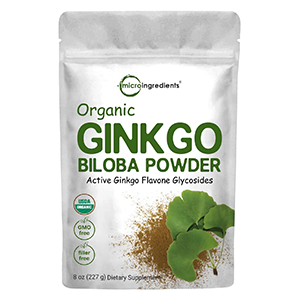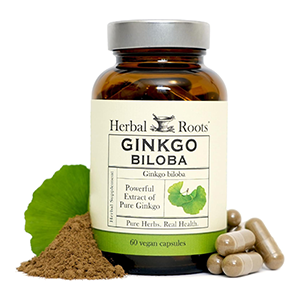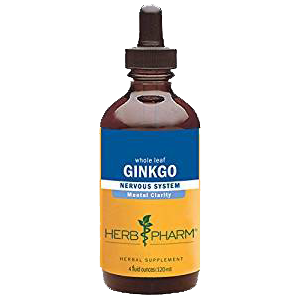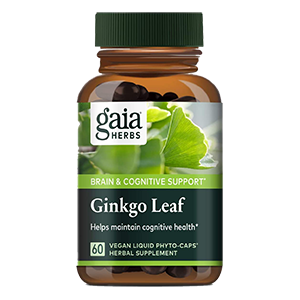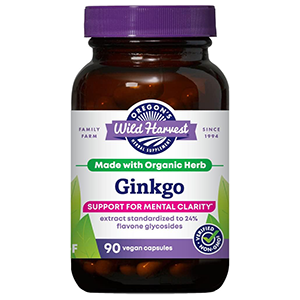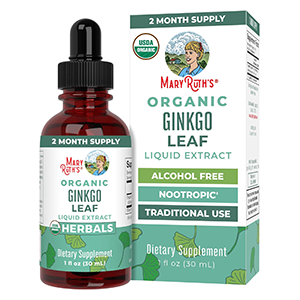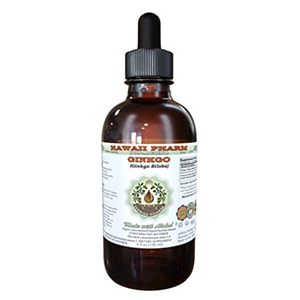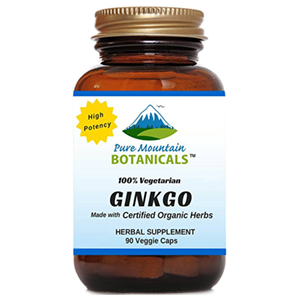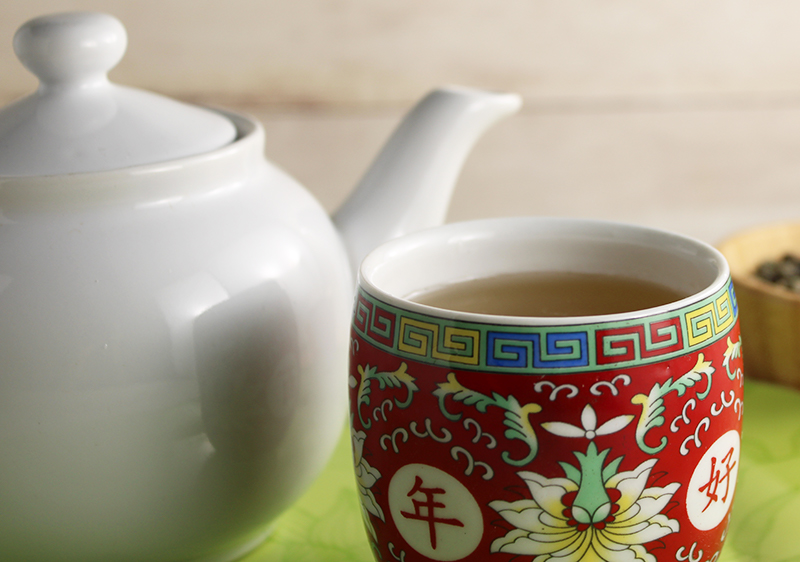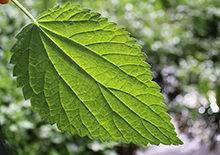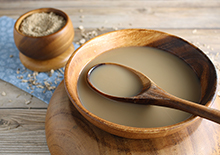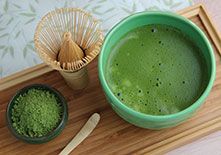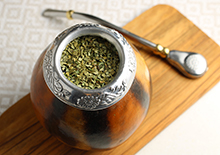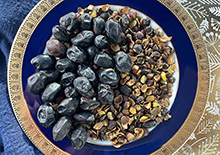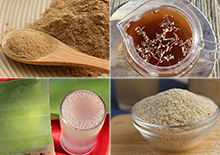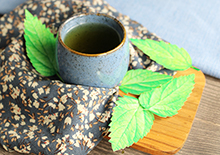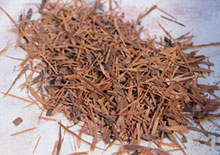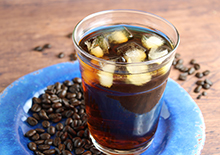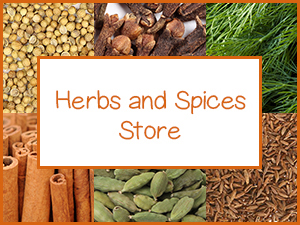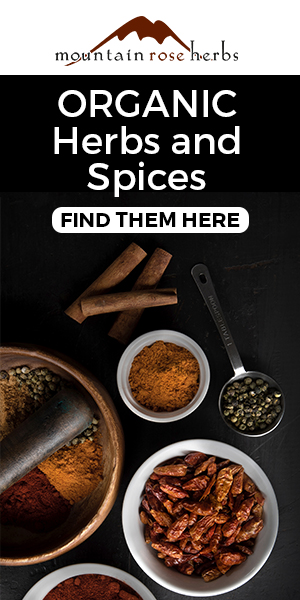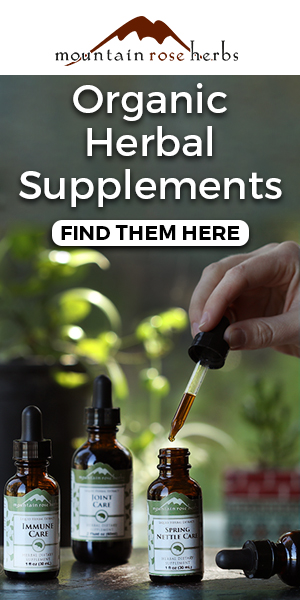- Home
- List of Herbs
- Secret Uses of Ginkgo
Secret Uses of Ginkgo for Aging Adults

These four secret uses of Ginkgo biloba go a bit beyond the scope of ginkgo's most popular benefits.
If you're not familiar with this commonly utilized ornamental and medicinal tree, it is one of the oldest plant species on the planet with fossilized leaves dating back over 250 million years ago.
Ginkgo trees are not only long-living, but extremely resistant to environmental pollutants and climatic conditions, surviving the Hiroshima bombing in some areas near the epicenter.
The prepared leaves of this amazing tree are likewise a worldwide herbal superstar in the realm of natural brain boosting supplements, most well-known for their nootropic actions on cognition and memory.
Here we will discuss other lesser-known uses of Ginkgo biloba regarding issues that often arise during the human aging process.
4 Secret Uses of Ginkgo
1) Leg Pain
2) Blood Clots
3) Hearing Loss
4) Free Radicals
1) LEG PAIN
Constriction of blood flow to the legs (and sometimes other limbs), often termed "peripheral arterial insufficiency", becomes progressively more common with age.
Frequently, such a condition is brought about by poor living choices such as smoking and eating too many saturated animal fats or processed foods.
In modern times, it becomes necessary to tend to our own real "health insurance" by making key diet and lifestyle changes (ie: exercise) that cultivate better life-long habits. In turn, this can reduce risk factors for many typical age-related issues.
Ginkgo supplementation is one to add to the list for accomplishing this objective, especially when it comes to preventative and supportive therapeutic protocols for walking leg pain associated with peripheral artery disease (PAD). This is frequently described as insufficient blood circulation in the legs.
It was demonstrated in past research that ginkgo extract was able to provide a significant difference compared to a placebo in patients with this disorder.

Ginkgo, first and foremost, is a CIRCULATORY STIMULANT via its actions as a blood vessel dilator. Active compounds in the leaves include terpenes such as GINKGOLIDES and BILOBALIDE as well as primary FLAVONOID GLYCOSIDES like quercetin, myricetin, kaempferol and isorhamnetin.
Consuming concentrated standardized extract capsules containing these constituents works directly on widening the arterial vessels that support blood supply to tiny capillaries, encouraging healthy microcirculation throughout the body. Oftentimes, many of the secret uses of ginkgo often come back to this main valuable property.
Standardized extracts of ginkgo leaf usually contain a specific ratio of 24% ginkgo flavonoid glycosides and 6% terpene lactones or a certain number of flavonoid glycosides per serving.
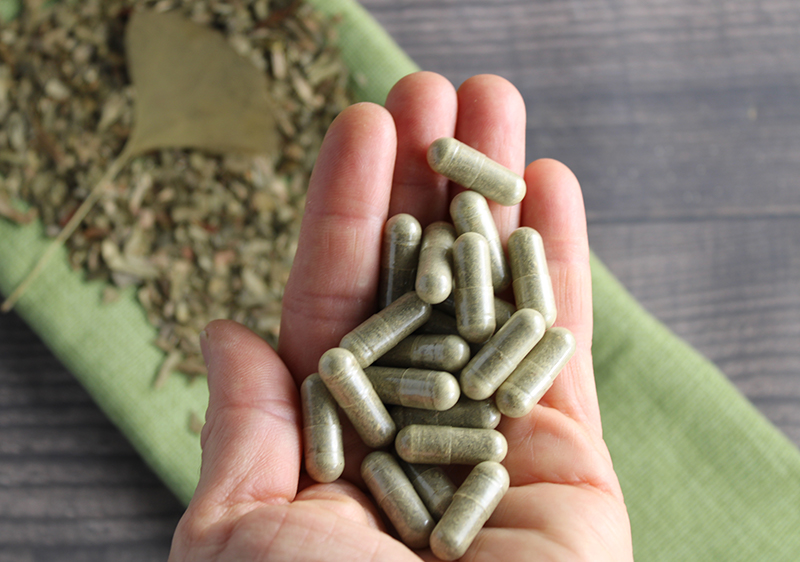
2) BLOOD CLOTS
As people grow older, abnormal blockages can occur in part of the brain that often interrupts the normal healthy flow of blood. This is generally referred to as an ischemic stroke.
When blot clotting is the obstruction, it is known as a thrombotic stroke, the most common type in seniors.
Certain risk factors include conditions like atherosclerosis, diabetes, high blood pressure, obesity and smoking.
Thrombotic strokes happen when the blood becomes viscous, sticky and promotes the formation of a blood clot, which blocks the supply of glucose and oxygen to the brain via the cerebral arteries.
Because of ginkgo's special influence on the circulatory system, it is thus very popular for its strong neuroprotective support, helping to supply oxygen-rich blood to the brain.
Along with altering diet, regular aerobic exercise and alleviating stress, ginkgo is likewise a well-known herbal adjunct for its preventative tendency on blood coagulation or clotting.
Extracts made from Ginkgo biloba leaves have been scientifically studied for their ability to reduce coagulation and promote antithrombotic activity.
Ginkgo's ability to inhibit what is called the platelet-activating factor or PAF is, in part, the reason for its blood-thinning action.
While normal levels of PAF cause blood cells or platelets to stick together if needed, when excessive levels arise in the bloodstream, problems like a stroke can occur.
Ginkgo's beneficial features come most directly from the flavonoid glycosides and terpene compounds, which again is often available as a standardized extract.
3) HEARING LOSS
Hearing loss is a common disorder that occurs as we move along in chronological years. Age-related partial hearing loss can happen as the eardrum tends to thicken and ear structures or nerves weaken, losing their capacity to conduct sound properly.
Sometimes other issues in older adults, like arteriosclerosis and diabetes, can cause sensorineural hearing problems.
While some of these issues can be addressed again with healthier lifestyle practices, there are other things we can do to nutritionally support this essential sensory organ.
Extracts of Ginkgo biloba have been used by herbalists for centuries as a remedy for many ear-related ailments.
Again, ginkgo leaves affinity for the circulatory system plays a key role in increasing blood flow to the ear tissues so they can receive the nutrients and oxygen to maintain optimal functioning.
Promoting circulation to the inner ear may also help with disorders like ringing in the ears, which is common in older adults. In one study testing patients with chronic tinnitus, significant improvement was identified after using ginkgo.
In addition to the secret use of ginkgo for hearing loss, it’s also helpful for other age-related equilibrium issues like vertigo and dizziness. (*)

4) FREE RADICALS
The last one of our secret uses of Gingko biloba is as a potent herbal ANTIOXIDANT. It's a great herbal tincture or extract to have in your arsenal for encouraging a long healthy life.
One crucial aspect that often goes along with the aging process is an increase in cellular free radical damage.
Often termed the "free radical theory of aging", some health experts and/or biohackers believe they are a major contributor to aging in humans.
Since most free radical damage is very closely related to oxidative stress, herbs and foods high in antioxidants can provide dietary support to counteract their potentially damaging influence.
Nutritive antioxidants, like ginkgo, help to offer cellular protection and are considered useful allies to incorporate into one's daily food regimen.
Note: All of this material is offered as a preventative approach to common issues that arise with aging; it is not meant to replace emergency medical assistance or advice from your primary healthcare professional.
Precautions:
It is very important to consult your physician if you have a blood coagulation disorder or if you are taking any pharmaceutical medications as ginkgo supplementation may cause adverse interactions. Likewise, seek advice prior to use if you are pregnant, nursing or have a mild or serious health condition.
Shop Related Products (About Affiliates & Amazon Associate Paid Links)
Affiliate Disclaimer: This section contains affiliate product links. If you make a purchase through our recommended links, we receive a small commission at no additional cost to you. Thanks for the support.

